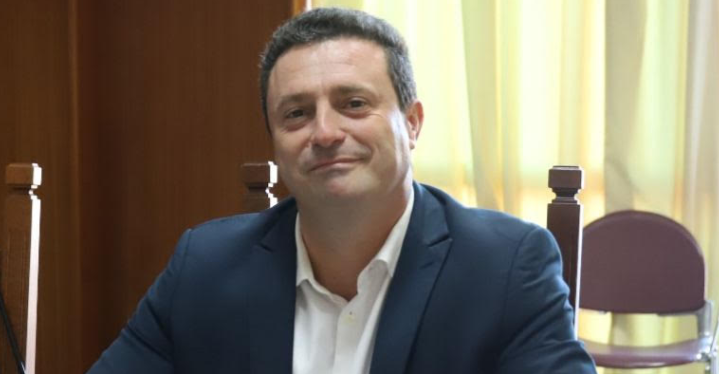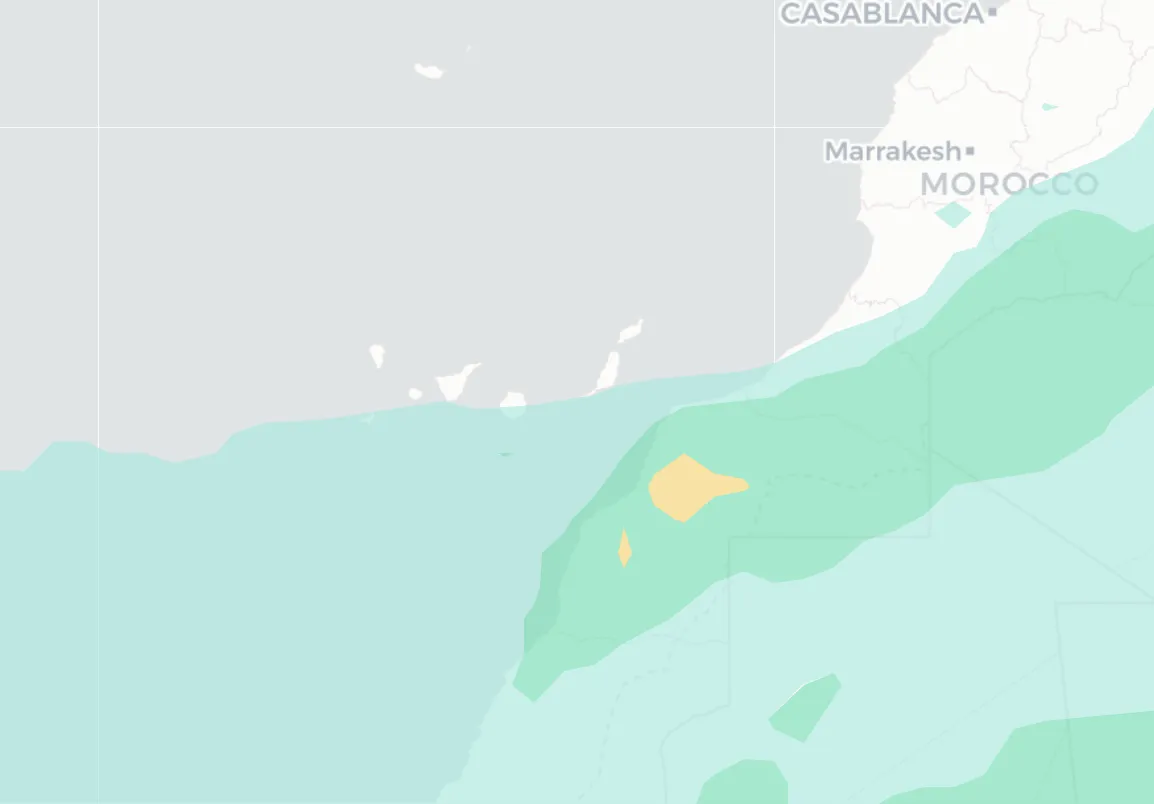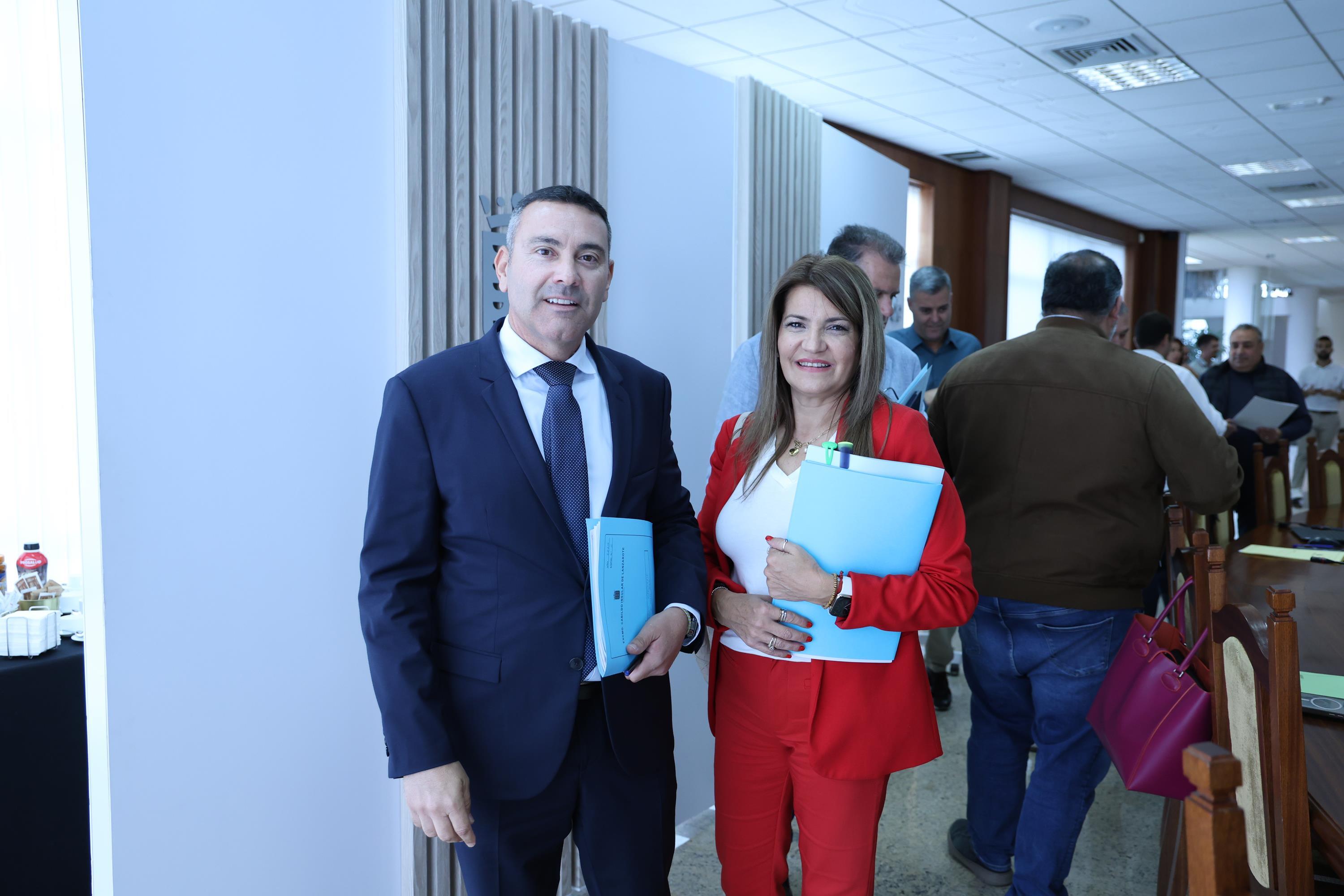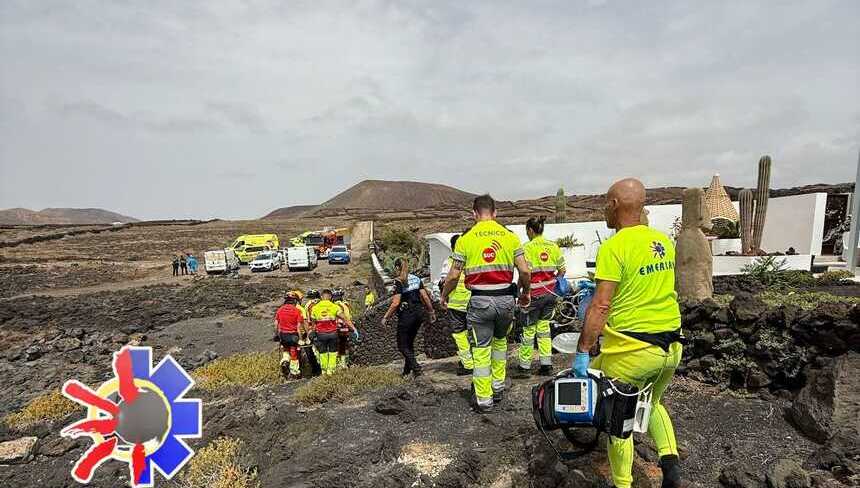
The councillor requests that the project in Las Casitas, Femés, and Maciot be declared of insular interest and demands the €18 million necessary for its execution in 2026.
Call for Project Declaration
Óscar Noda, the councillor for the Mixed Group at the Lanzarote Island Council, has submitted a motion for the upcoming plenary session requesting that the Council declare the undergrounding of electrical lines in areas of high landscape value, such as Las Casitas, Femés, and Maciot, as insular interest. He also demands that the €18 million required for the project’s execution be secured within the earmarked investment chapter of the Council’s general budget for 2026.
Preservation of Landscape
According to Noda, this undergrounding is essential to “respect and preserve the landscape heritage of our island. Lanzarote must maintain its unique characteristics and protect its primary asset: the landscape. Projects like those by Red Eléctrica contradict these foundational conservation principles.”
Strategic Importance of the Project
The councillor adds that the possibility of undergrounding a large part of these electrical lines has been previously considered to minimise visual impact. “This is undoubtedly a strategic project that Lanzarote should not abandon, as it would remove this significant visual intrusion from the southern part of the island without jeopardising electrical supply or the necessary infrastructure for its proper management,” he states.
Collaboration and Urgency
In conclusion, Noda explains that “the Yaiza Town Council has been working intensively and in coordination with REDEIA to explore technical and administrative solutions that will enable the undergrounding of lines between Las Casitas and Maciot. We hope that the €18 million promised by the Council, both in the previous mandate and this one, will be realised at last. However, we see how the passage of time increases the project’s costs and discourages local residents, who observe the prolonged nature of an issue that should be resolved as soon as possible, given that it addresses a collective demand and public commitments made by the last two Lanzarote Island Council administrations,” concludes Óscar Noda.













